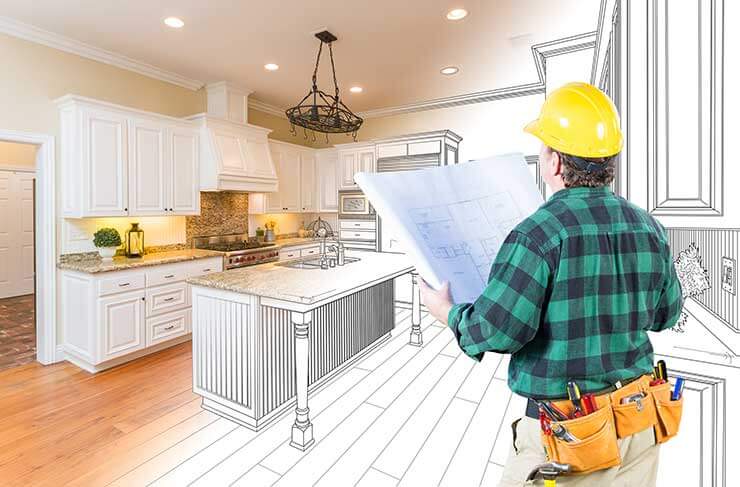How to Finance Home Renovations

Renovations can have a significant impact on the value of your home. Moreover, with home improvements you can also enhance the energy efficiency of your home making your home more environmentally friendly while giving you access to a range of provincial and federal rebates. Nevertheless, these enhancements can also be very expensive so you may not know how to finance your home renovations. Fortunately, there are multiple options available to you.
Credit
Credit cards are the most common form of financing available to homeowners. While paying for renovations with credit means that you can pay off as much or little of the principle every month, they often carry hefty interest rates. Credit cards are also convenient with respect to buying supplies for your home renovation; but many people prefer not to rely on credit to finance major expenses like renovations.
Loans
Bank loans are straightforward and offer better interest rates than credit cards. Repayments are fixed and you can often negotiate a monthly payment that will not stress your budget too much. However, your bank will likely need some kind of collateral before you will be approved. If you have equity in your home, you should easily get approved for a loan. In fact, home equity loans often have the lowest interest rates, making them the ideal solution for financing home renovations.
Personal Line of Credit
A line of credit is somewhat of a cross between credit card financing and loan financing. Personal lines of credit will often have higher interest rates than loans, but lower rates than credit cards. Repayment schedules are also more flexible for lines of credit than bank loans, so this type of financing is often ideal if you’re not sure how much you can pay off each month. With a line of credit you can simply pay your minimum or even the entire balance depending on your financial situation that month.
Re-Mortgaging
Refinancing your mortgage is another option available for home renovation financing. Your payments will be spread out over the duration of your mortgage, and interest rates tend to be more reasonable. However, your access to finances will be dependent on the assessed value of your home, and you may incur legal and appraisal fees as well. Re-financing is more appropriate for large scale renovations; whereas credit cards, bank loans, and lines of credit are more suitable for more minor renovations.
Whatever financing option you choose, it is important to carefully consider your monthly budget before going forward with renovations. Especially if you plan to remortgage your home or use your home as collateral against alone, you open yourself up to the risk of losing your home if your income is diminished for any reason. Regardless, with careful planning and consideration, there are many appropriate and manageable financing options available to home owners.

